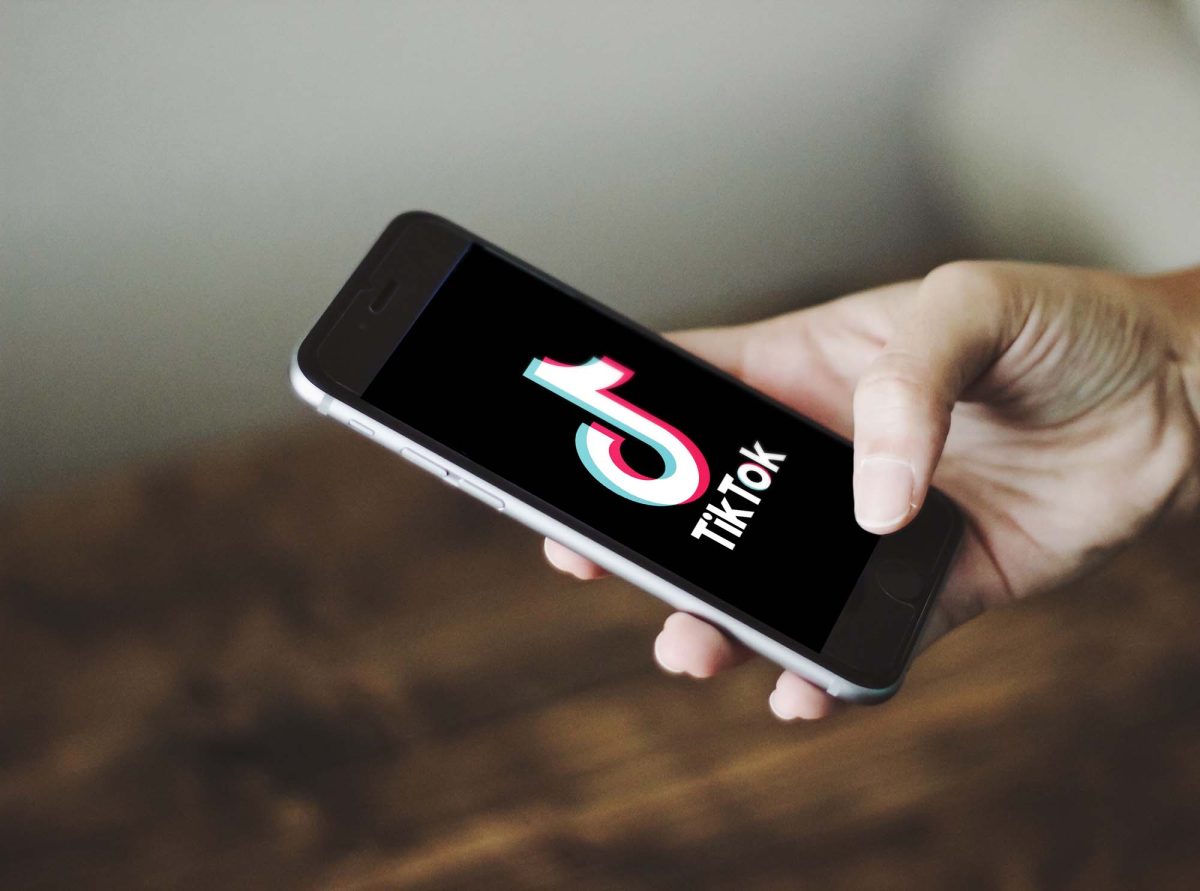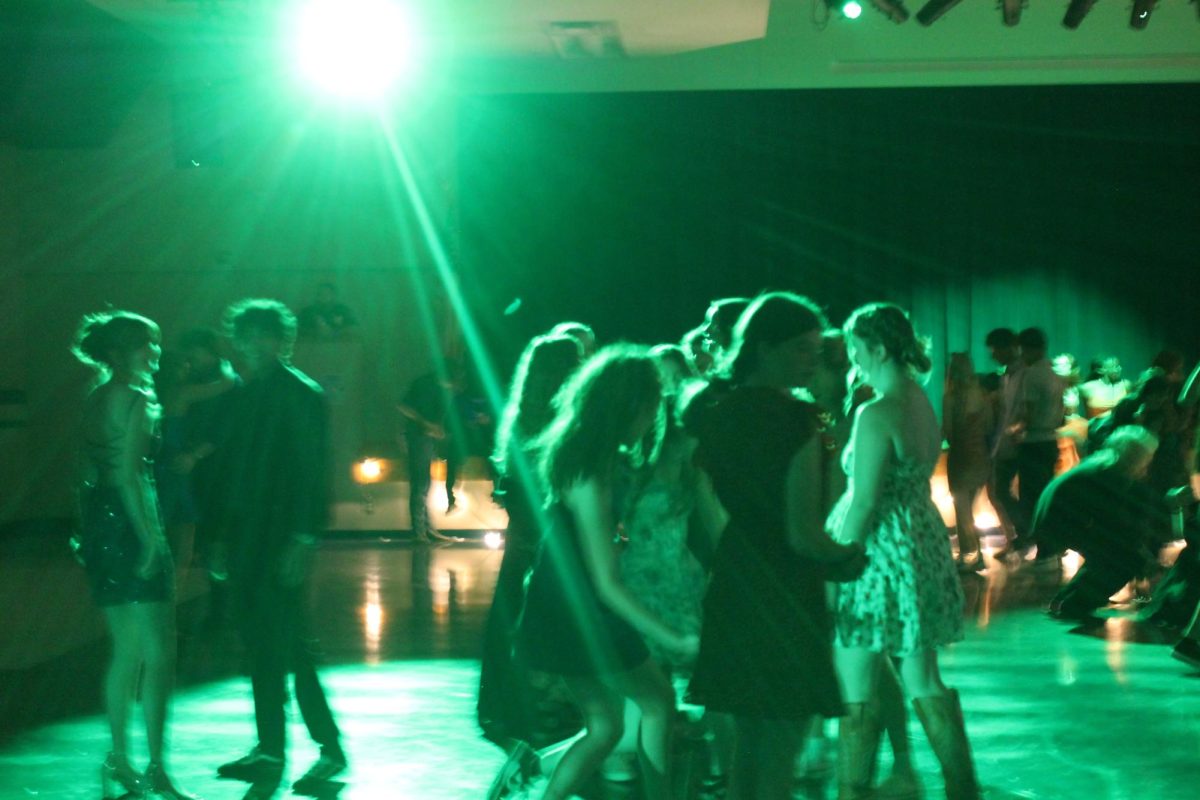The House of Representatives passed a bill March 13 that would force restrictions on the social media site TikTok if they didn’t break free of their Chinese parent company ByteDance. The app would not be available for download in the US if the company doesn’t sell it.
Lawmakers were scrutinized for the handling of the investigation into TikTok potentially having ties to the Chinese government. Often being compared to “McCarthyism” especially when TikTok CEO Shou Zi Chew was pressed by Arkansas Senator Tom Cotton in an embarrassing attempt to tie the Singaporean entrepreneur to the Chinese Communist Party. Cotton asked if Chew was a citizen of any other country besides Singapore, especially prying to see if he was a Chinese citizen, which would be impossible since Singapore does not allow it’s citizens to hold dual citizenship. In addition, China does not allow dual citizenship, and its citizenship acceptance rates are below that of every other developed country.
“I don’t think the ban will go through because of the demand of the app,” senior Myka Escaran said. “I feel the House, to a certain degree, isn’t truly representing us since a lot of people don’t view TikTok as a threat.”
Nearly 1 in 5 teens say they use TikTok constantly.
“I’m on TikTok all the time, so I would probably be off my phone more [if it were banned], and I have friends who live far out and TikTok is the main way I communicate with them,” senior Janie Resa said. “I think the government has an unwarranted fear that TikTok is going to hack people.”
As an app, TikTok manages to draw in wide varieties of different types of audiences due to its algorithm.
“I think TikTok has built such a strong community that it makes it extremely difficult to stop scrolling once you’ve started,” senior Alexandria Hanson said. “The algorithm that is specifically designed for each user really creates a double edged sword. If a user enters the app with the intention to spread negativity and hate, they are able to very easily and effectively. Many people have let themselves become totally engulfed in the constant content and it has proven to be detrimental for our attention span, face to face interaction and digital footprint.”
TikTok started to offer users the ability to post up to 10 minute long videos, but also included a widely popular times 2 speed playback feature.
“Don’t get me wrong, there are definitely positives to the app as well, although I think it’s starting to reach a point where users need to be aware of the negatives as well,” Hanson said. “I believe that in the long run, [banning it] would be a total positive. I know for me, TikTok takes up hours of my day as it sucks me into the cycle of instant entertainment. Our generation has really lost the ability to disconnect from our devices and social media and I hope that with TikTok being taken, we will be able to take a step back and cut down our screen time.”
TikTok offers more than a video sharing platform, it also lets users open shops and sell products on their site.
“The harm I believe will come from this would be loss of income for millions of creators on TikTok,” Hanson said. “The day to day user won’t be affected the way they will as they’ll have to shift their content onto another platform.”
Many social media sites like Youtube and Instagram have introduced their own version of TikTok (Youtube shorts, and Instagram reels respectively) but struggle to encourage users to make original content, with reuploads of TikToks flooding their algorithms.
“I’ve had TikTok since it was Musically so it’d take a hot minute for me to get used to not having Musically,” sophomore Samantha Sturgeon said. “I know for at least a few months I’d go to click on it, and it’d not be there, and it’ll be like hitting a reset button.”







